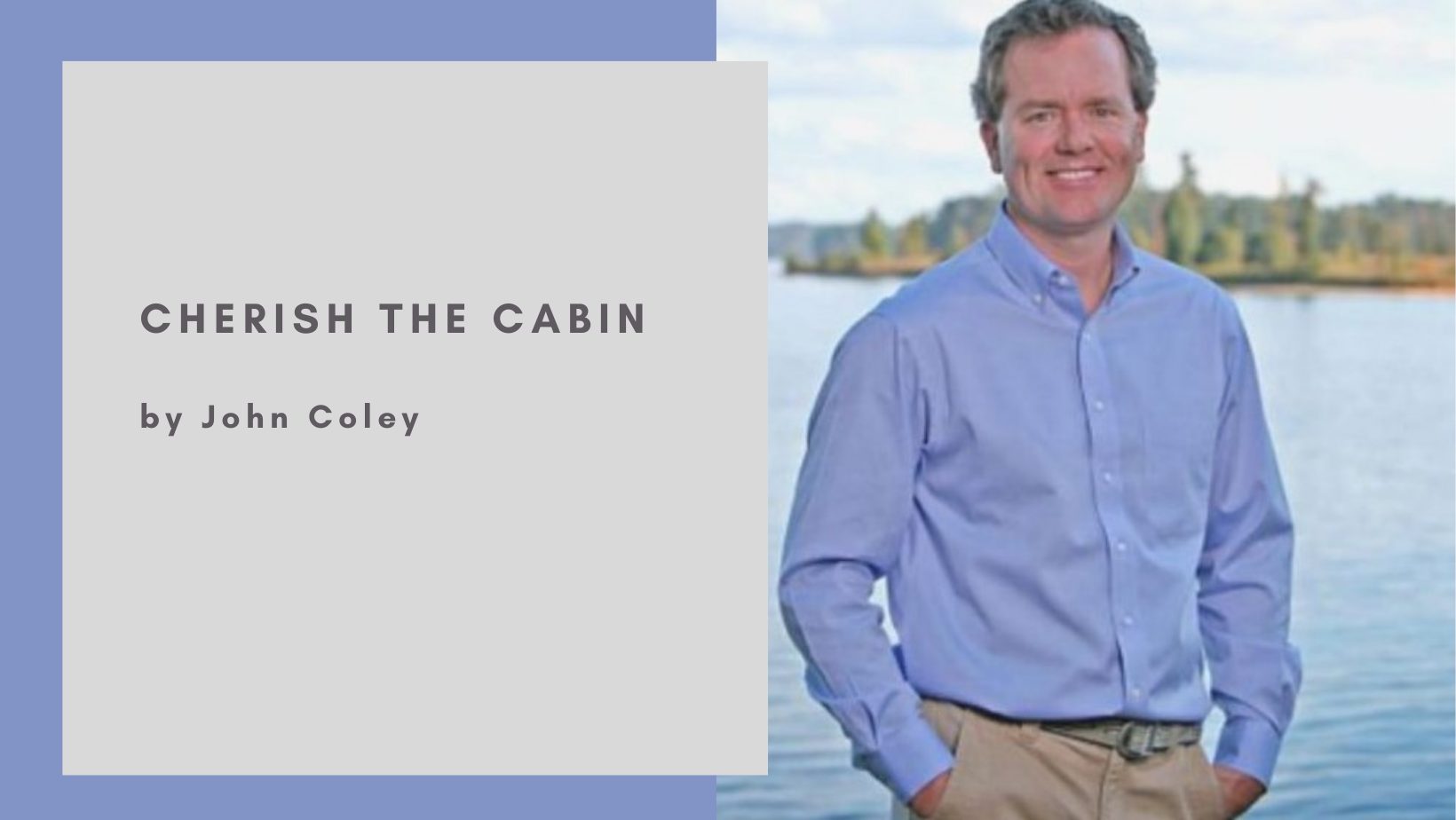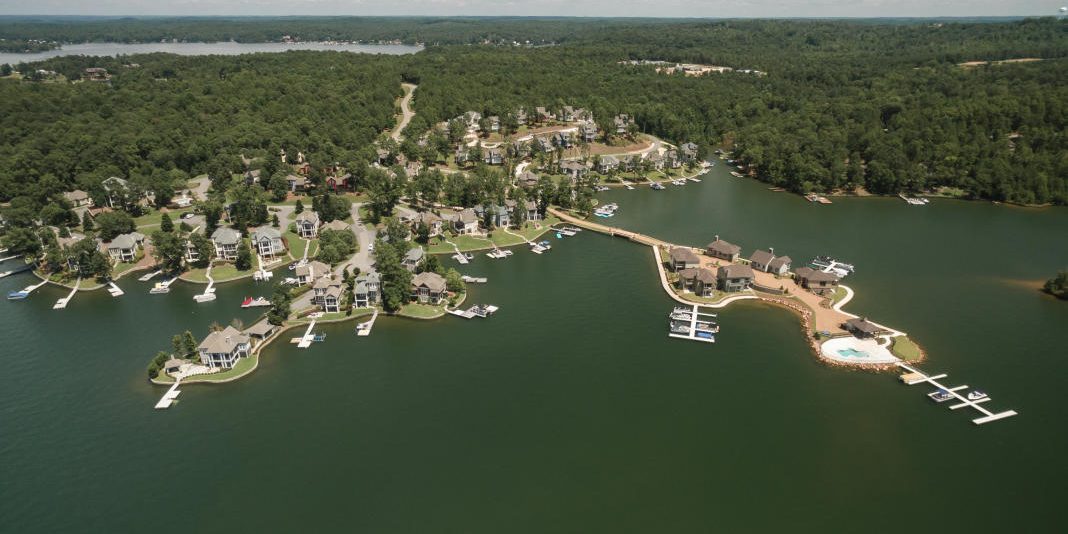I don’t know about you, but Seinfeld is one of my favorite TV shows. It is chocked full of quotable moments and interesting characters that find funny ways to navigate life’s minutiae.
One of the minor characters in one episode, an aging father who loved his rustic mountain home, advised his family to, “Cherish the cabin.” In doing so, he unwittingly introduced a lot of potential issues to his heirs. Did dad mean that we can never sell the cabin, no matter what? What if my brother wants to sell but I don’t? What if the one sibling that uses it the most can afford it the least? If we do decide to sell, how do we make decisions – should we appoint one manager or all have a vote?
As a full-time real estate agent here at Lake Martin, I have seen many different families that have had to handle decisions like this. Some families have handled it well, and some… well…not so well.
I have even heard a lot of stories from former owners or former relatives of owners that express regret after the fact on a sale. They usually go along the lines of, “I can’t believe we decided to sell our family cabin! We should have figured out a way to keep it, we really miss the place!” or, “We sold our lake home 15 years ago. I saw where it sold again the other day and the sales price about gave me a heart attack!”
It’s easy to look back and second guess decisions now that we know how the markets have gone. I can remember a lot of Sturm und Drang in the buyer’s markets of 2007 – 2009, but it was sellers complaining in the opposite direction, “Why didn’t we sell last year when the market was so great?”
My advice to would-be sellers or buyers is to not make decisions based solely on the market because your odds of perfectly timing a market, on the selling or buying side, are slim. The first question to ask is if it is a good time for your family. Then worry about the market.
Returning to the present, what do we do about the family that is trying to cherish the cabin, but doesn’t know how?
I think this will become an increasingly important issue in the future of real estate for Lake Martin. Why?
I see two possible effects from the rising prices for waterfront property here on Lake Martin.
First, we will see many more homes that are purchased with multiple owners. That is, we will see a higher percentage of home transactions where two or three families will go in together to buy it.
Secondly, I think we will see more homes being passed down to family members instead of selling. That happens a lot at Lake Martin anyway since we are a second home market and, frankly, because it’s awesome here. But do think we will see an increase in the future because rising prices and reduced inventory make it harder for family members to replace the family cabin with another.
One solution to both problems might be for families to consider creating a Limited Liability Company (LLC) to own the lake house. People have been putting real estate in LLCs for years, but the perception has been that they are legal vehicles only for the uber-rich or commercial properties. It may seem silly to create an LLC for the family cabin until you consider the low cost and high benefits.
Setting up an LLC in Alabama is a pretty painless operation. The recording fees are less than $500. If you hire an attorney to help (which I would advise), you can expect to pay maybe another $500. That is not much of a hurdle for an asset that might be worth $600,000 and that you will keep in the family for decades. In other words, for the cost of two Yeti coolers, your home will be set up legally “for life.”
Once the LLC is set up, the co-owners can go about the business of treating it like a business. This is one of those “good fences make good neighbors” kinds of situations. The owners should address issues like how to split the time or whether to split it at all, how the bills are paid, when maintenance is done, and how any improvements are approved. If everyone agrees to the rules upfront, before problems happen, the potential for drama is greatly reduced.
One of the largest benefits revolves around the ownership itself. The legal structure makes it easier to figure out how to decide the questions brought up at the beginning of this article. For example, what if one of the four LLC members wants to sell? The LLC documents can set up rules for how that member sells his or her share, how to value the share, and rights of first refusal. If a majority of members wants to, say, add a new boathouse and one doesn’t, it can be handled by the dissenting member selling equity to the majority. All of these actions (at least in my layman’s understanding) would not necessitate going through a real estate sale or closing. It is all handled within the LLC documents. It makes it a lot easier to manage and (hopefully) reduces the chances of family squabbles.
A couple of good books on the subject are Cottage Rules, by Nikki Koski, and also Saving the Family Cottage by Stuart Hollander. Hopefully, these resources and the advice of a good attorney will allow you and your family to truly cherish the cabin.





